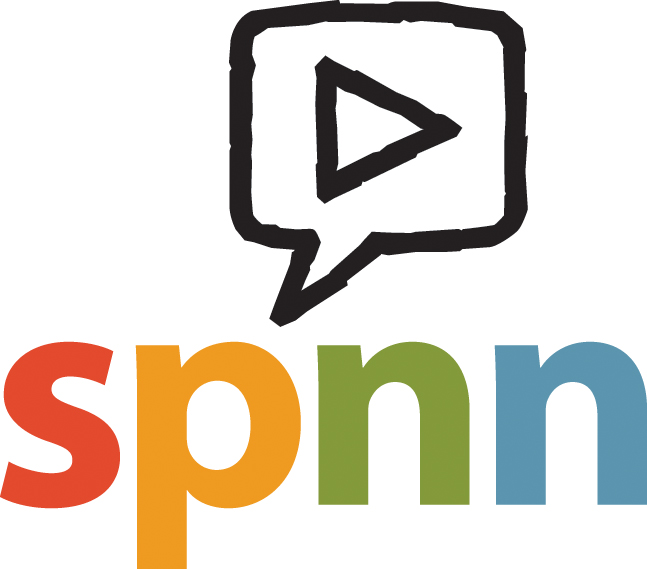Designing and Piloting a Curriculum for Northstar Assessments
Since it has debuted, the Northstar assessments have provided a valuable tool for a wide range of institutions that teach digital literacy skills, including adult basic education centers, libraries, and community centers. One key element that was missing from the assessments was a curriculum to accompany them, leaving educators, volunteers, and tutors with the task of designing lessons and materials.
Starting last January, I have been working on a team in the Minnesota Literacy Council to create a curriculum to accompany the Northstar assessments. Our CTEP civic engagement group has been working alongside this project to pilot lessons and give feedback.
One of the main challenges of designing such a curriculum comes from the fact that the learning sites that use Northstar have diverse populations and needs. As a result, no curriculum will work perfectly in each site. The Northstar curriculum does make some contextual assumptions: the lessons are intended for a classroom setting with adult students who have an intermediate or higher English proficiency. Each lesson is intended to take around 2 hours.
That being said, the curriculum is being designed to maximize flexibility. All lessons share a predictable and familiar structure and include interactive tasks that give learners a chance to practice new skills. Also, each lesson can be taught by itself allowing teachers to choose which skills their students need to work on.
One great advantage of working on this project simultaneously with a CTEP Civic Engagement project was the ability to pilot and test these lessons. The members in our Civic Engagement group teach at sites with different populations and needs. Piloting the lessons at our different sites ensured that the lessons were flexible and adaptable. For example, one member tested the lessons in a one-on-one setting, and another tested them with lower-level learners. In each setting, the lessons proved easy enough to adapt that even though they were not implemented in their entirety, they provided each member with a base and structure that helped frame instructional time.
We plan on releasing three modules at the end of August. This curriculum will hopefully provide a valuable and time-saving resource that will make it easier for learning sites to expand access to digital literacy instruction.
Group members: Susan, Rachel Moore, Love yiel Del Puerto, Isaac Muscato
Each year our 35 CTEP AmeriCorps members choose community action projects that make a contribution to bridging the digital divide. The CTEP civic engagement projects are often cited by CTEP AmeriCorps members, staff, supervisors, and community supporters as one of the most unique and energizing parts of the program. This is one of the 2019 civic engagement projects.
